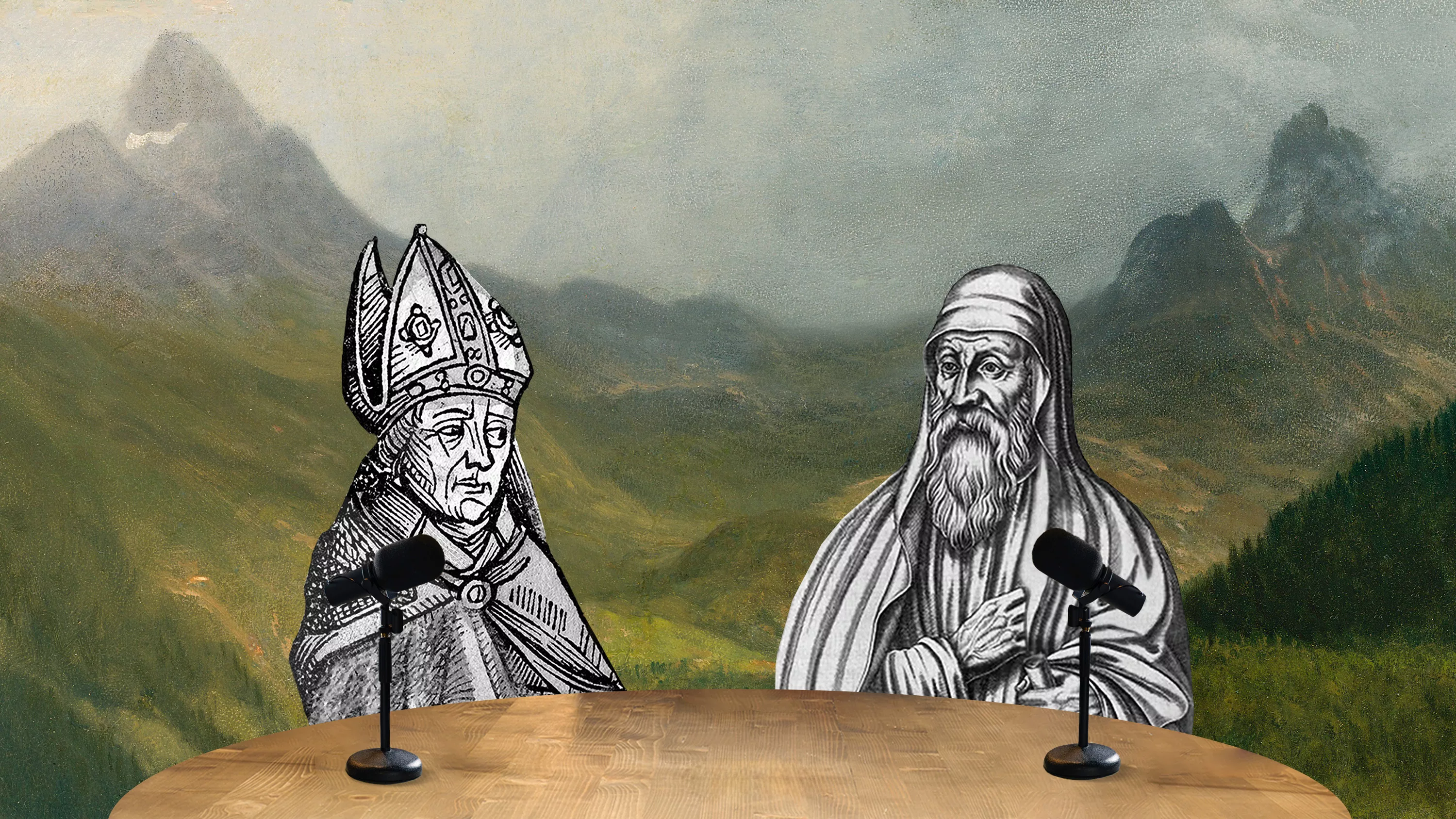
We can humbly seek their wisdom without treating them as mascots for one position or another.
On September 11, 2020, I found myself under a large tent, where 51 ministers of the Reformed Presbyterian Church had assembled for a COVID-era presbytery. They gathered to receive charges against me, initiating an ecclesiastical trial. I had published a book that affirmed the possibility of theistic evolution—a view regarded by some as dangerous.
Through that process, I became personally (and painfully) aware of how heated Genesis 1 controversies continue to be. My trial was ultimately dropped, but I was compelled to resign my pastorate and leave that denomination.
I still love the Reformed Presbyterian Church and am grateful for my decades as a student and minister among its people. But I grieve that such passions for certain interpretations of Genesis 1 lead to damaged relationships and truncated ministries. It should not be so.
There are already plenty of Genesis 1 studies on offer (including my own, called The Liturgy of Creation). But what the church really needs are more resources to help us engage these discussions more responsibly. Andrew J. Brown’s latest book, Recruiting the Ancients for the Creation Debate, is just such a resource.
Brown, an Old Testament lecturer at Melbourne School of Theology, takes no sides on the question of whether the six days of creation are literal or figurative days. Recruiting the Ancients is not an attempt to solve creation controversies. Instead, it surveys what historic church authorities had to say on the subject, arguing that they shouldn’t be enlisted as straightforward allies of this or that contemporary position.
The book is based on Brown’s earlier book on the same topic (The Days of Creation: A History of Christian Interpretation of Genesis 1:1–2:3), …

